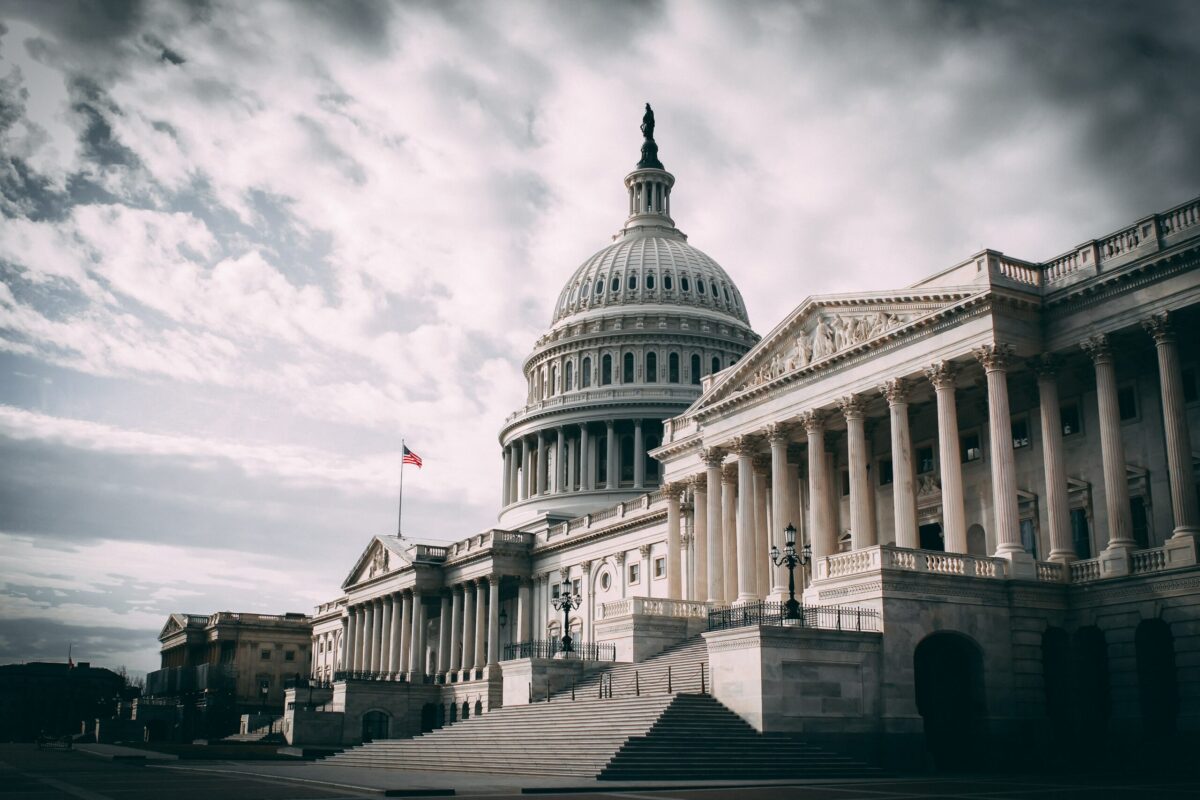Harvard students are at the forefront of shaping solutions to pressing problems.
The HKS Student Policy Review empowers them to share their policy research, insights, and opinions.
The views expressed in The HKS Student Policy Review are those of the author(s) and/or interviewees only, and do not represent the views of the Shorenstein Center, Harvard Kennedy School, Harvard University, the editors of The HKS Student Policy Review, or any of its affiliates. All content is edited and published by Harvard students.
-
Gender, Race and Identity
Women and AI: Overcoming Potential Bias and Optimizing the Best of Both Worlds
04.15.24
Read MoreWomen and girls are essential to the efficiency of AI’s future. In order to optimize the full unique capabilities of AI, it is important that the full range and spectrum of women is represented at the different stages of AI development to deploy optimal AI solutions and efficiencies to address societal challenges and ultimately achieve social and economic progress.
-
Development and Economic Growth
Interview with Former Prime Minister of Jordan Omar Razzaz: Jordan’s Future
04.14.24
Read MoreOn March 27, 2024, HKS Student Policy Review Senior Editor Ala’a Kolkaila spoke with Omar Razzaz, former Prime Minister of Jordan, about a range of topics affecting Jordan and the region.
-
International Relations and Security
Interview with Karen Donfried: Russia-Ukraine War
04.14.24
Read MoreOn April 12, 2024, HKS Student Policy Review Senior Editor John McQuillan spoke with Karen Donfried, former Assistant Secretary of State for European and Eurasian Affairs, about Russia’s invasion of Ukraine.
Explore all Articles
Filter by–Topic
Filter by–Region
Filter by–Country
Search by–Keyword

Global Governance on Impact Investing and Accounting: A Strategy for Developing Global Standards
04.10.24
Impact investing can be a game changer in solving social problems. Yet, the lack of impact accounting standards enables investors without any social impact to disguise themselves as “impact investors” to improve the image of the company.
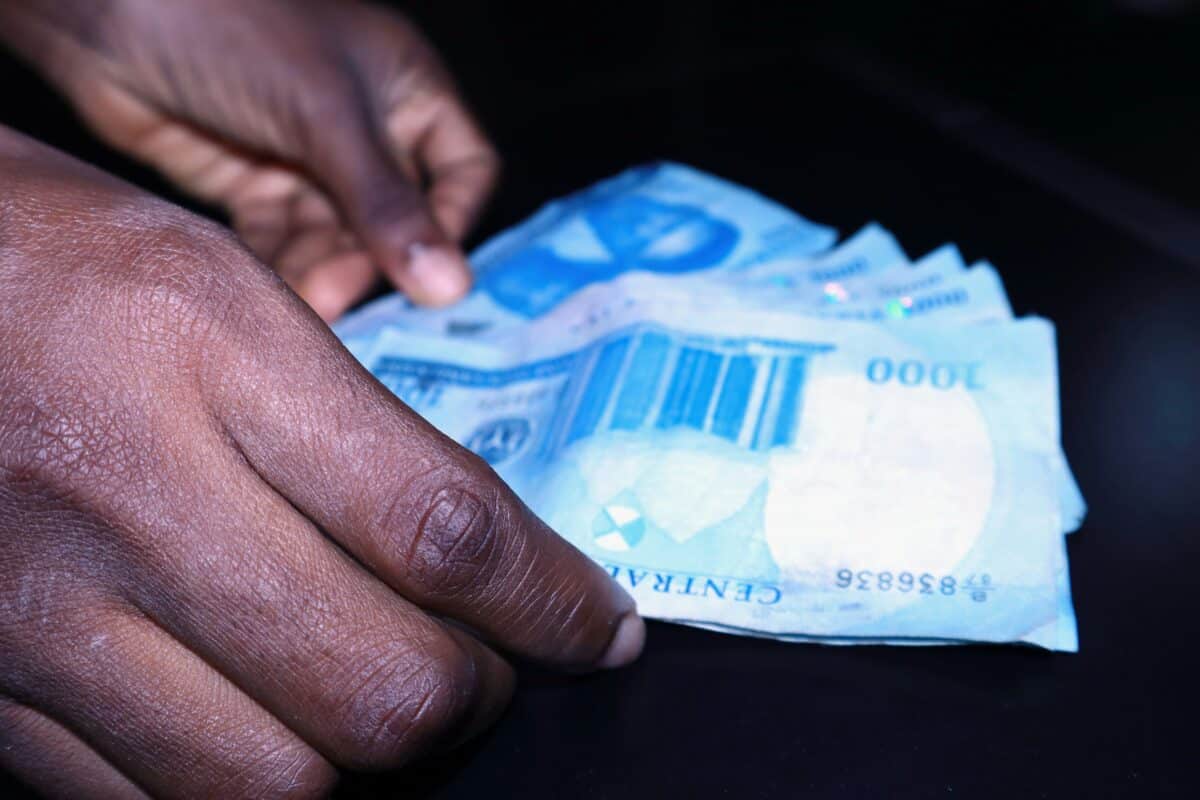
How Can Nigeria Divert Remittance Flows to Formal Channels?
04.9.24
Remittances play an instrumental role in Nigeria’s economy, yet, an estimated 50% of remittances are channeled through informal networks. Newly proposed strategies can enhance Nigeria’s remittance flows through formal channels.
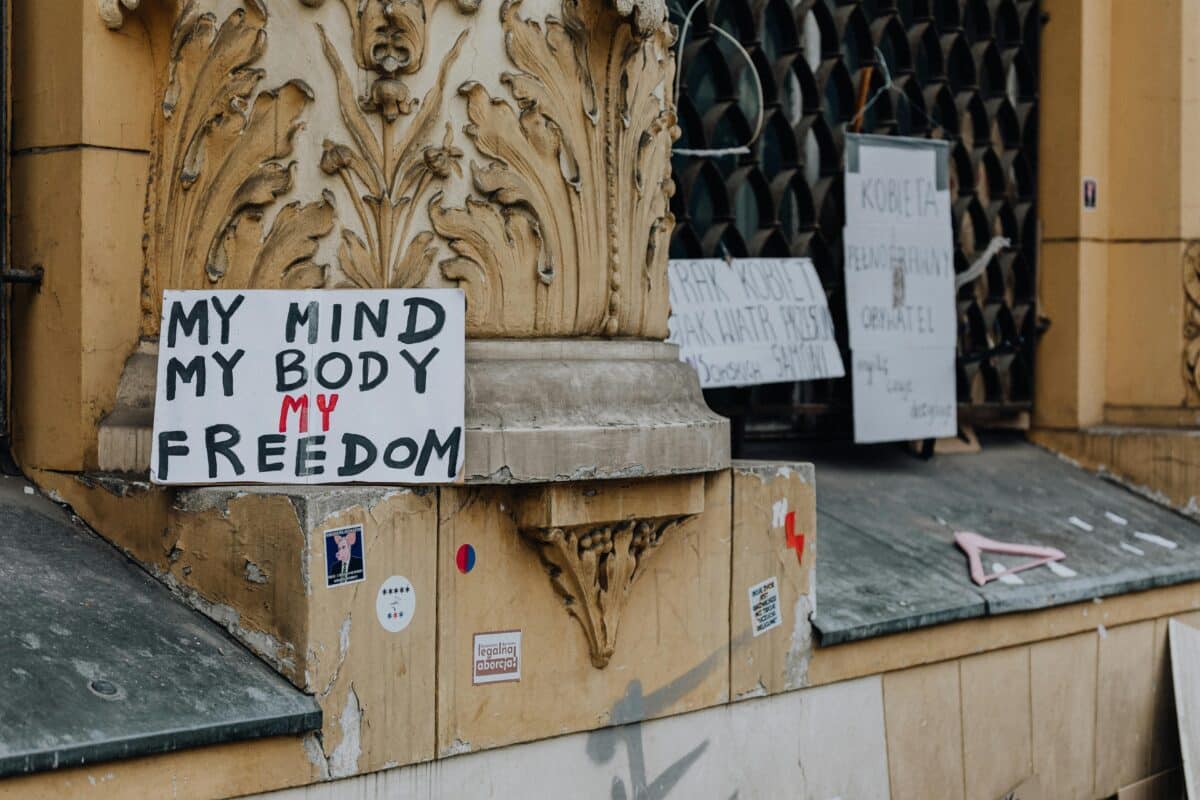
Reviving Comstock: Unveiling the Anti-Abortion Strategy in Post-Roe America
04.8.24
The Comstock Act is a significant impediment to reproductive freedom and access to safe, effective abortions. Pro-choice stakeholders must recognize the urgency of addressing this outdated legislation that uses 1800s social standards to regulate the bodies of people in 2024.

American States Are Quietly Embracing the ‘Baby Bonds’ Revolution to Fight Inequality
04.8.24
As inequality rises because of the combined curse of growing inherited wealth and the perpetuation of the generational transmission of poverty, baby bonds appear to be a powerful tool to tackle one of the major challenges of the 21st century.

The Volunteer Sector’s Looming Crisis
04.7.24
Governments need to get creative and make it easier for people to volunteer, as volunteer-driven organizations play vital roles in building great communities.
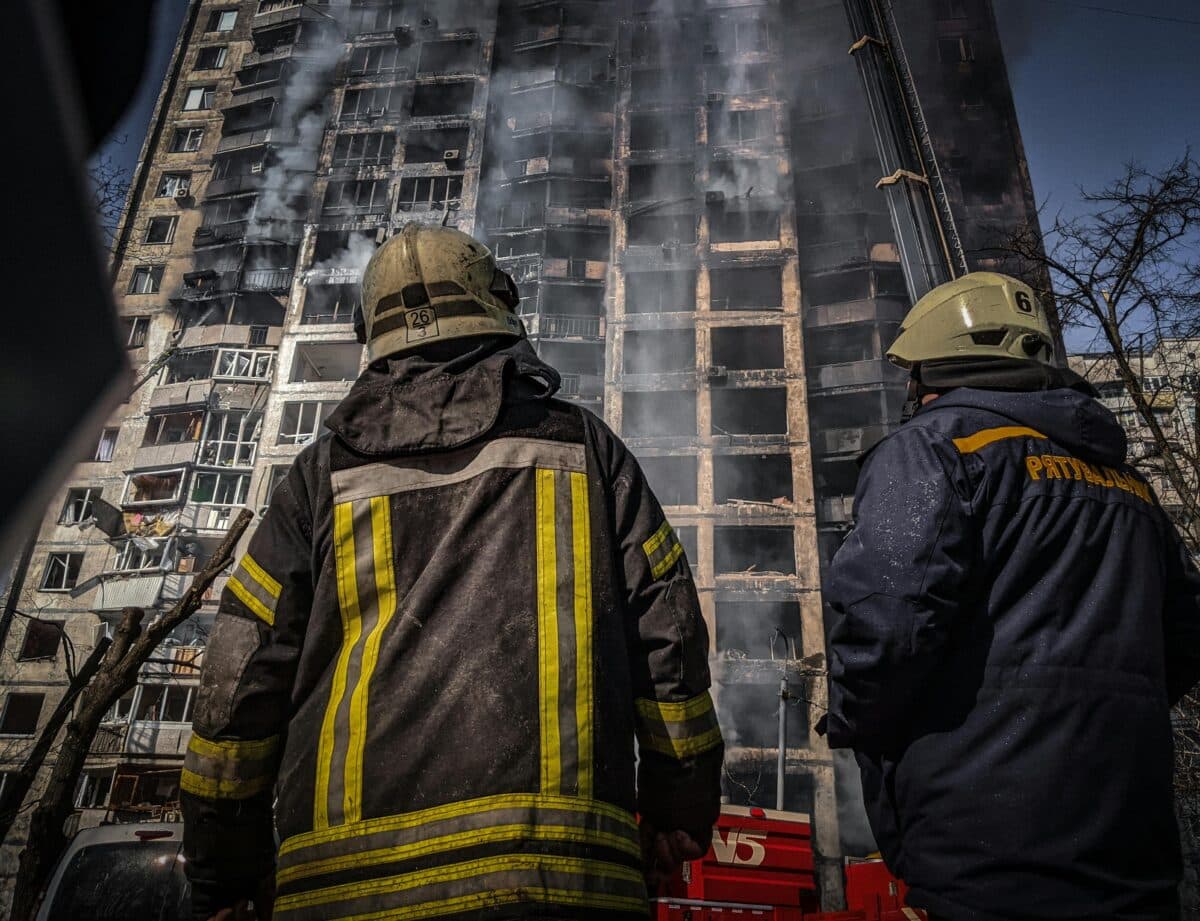
Ukrainian Heroism Amidst U.S. Political Challenges
04.7.24
The framing of the war in Ukraine as a U.S.-Russia proxy war has ultimately put the lives of over 40 million people at risk, as well as threatened the safety and security of the European continent.
Explore by Region
HKS Featured Topic
Science, Technology and Data
How are dramatic developments in science and technology changing the public sphere? Can data be harnessed for the goal of good governance? What is the future of privacy?
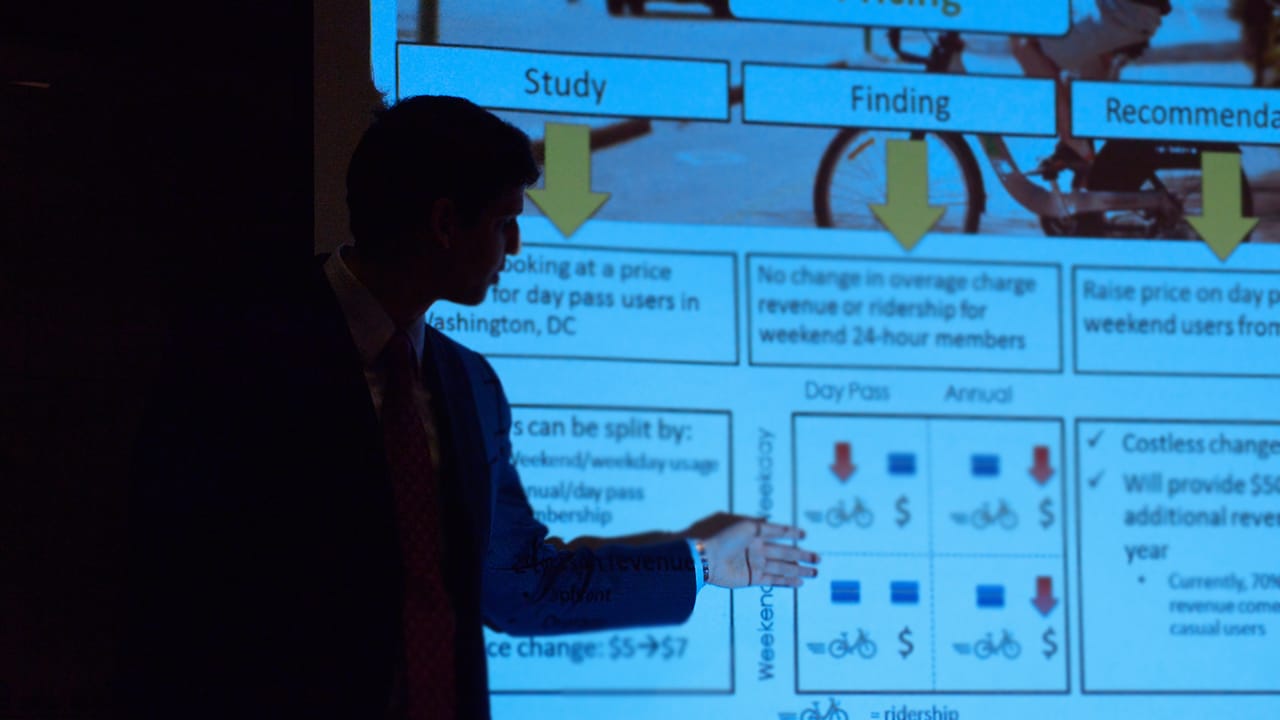
Join the HKS Student Policy Review–
to research, write, and learn about policy in a new way. We offer Harvard students an opportunity to engage with the most important policy issues of our time, across a whole range of topics and regions.








